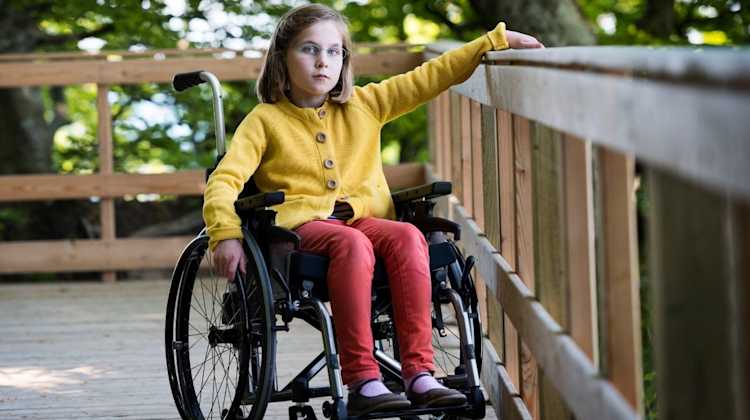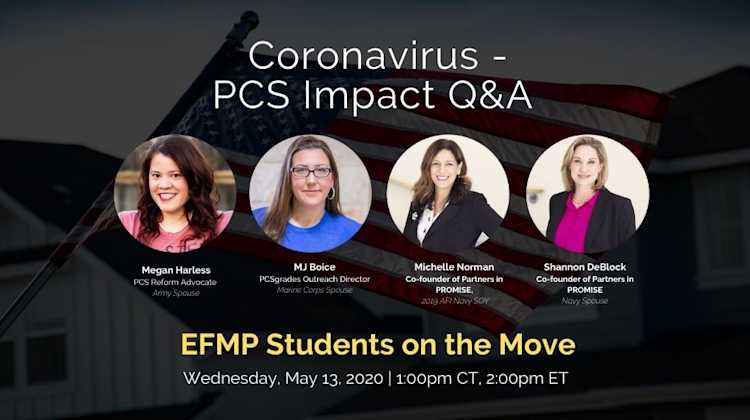How EDIS Changed Our Lives Overseas
by Rachel Carpenter - February 1st, 2022

It started with crying. So much crying, from both my baby and me.
Addie was always a fussy baby. I chalked it up to being the third child, earaches, teething, differing personalities, etc. Honestly, I was so exhausted raising 3 girls under the age of 6 alone with a husband on an unaccompanied tour in Korea; I barely had time to recognize anything out of the ordinary.
But as she grew older, it turned into more.
A strong dislike of loud noises and certain textures.
Delays in speech.
Behavioral issues at daycare and at home, including the worst temper tantrums over unseen ailments and fears.
A lack of comprehension when corrected or spoken to.
We were stationed in Italy, my husband was deployed in Afghanistan, and I was at my wit’s end. A friend who had prior military service and had worked in healthcare on base asked if I had taken my daughter to EDIS or asked for a referral.
I was puzzled. What is EDIS?
EDIS stands for Educational and Developmental Intervention Services. This is program through the military that currently operates with the Department of Defense Education Activity schools or DoDEA. These schools are primarily overseas or in very select locations in the U.S. and the program is meant to complement the efforts of DoDEA schools and the IDEA program for children in U.S. schools.
The core of the EDIS program is to provide early intervention for military families. The Branchta.org info sheet says it best: “Although all parents of children with disabilities need accurate and timely information, parents of children age birth to three have a narrow time frame to get interventions. With so many differences in lead agencies, family copays, and eligibility for EIS state to state, highly mobile military families have a crucial need for information in advance of a move.”
My very good friend was confident that my daughter would qualify for services through our EDIS clinic, and she was right.
She gave me the clinic phone number and connected me with a few of her friends who worked at the clinic. I called our PCM to ensure that we did not need a referral (you do not! You can self-refer), and we had an appointment a couple weeks later.
Addie was evaluated by several doctors and specialists who worked in the EDIS clinic: an audiologist, occupational therapist, and a child psychologist. Everyone was so patient and understanding, and they worked swiftly to provide her with the evaluations and appointments so we could get to the root of what was happening. We were given a preliminary diagnosis of sensory processing disorder, hearing loss, and a speech delay. While no parent wants to hear that there may be any disability or impact on their child’s development, I was so relieved to have answers.
We began attending 2-3 appointments a week at EDIS. It was intense because Addie was 2.5 years old at this time. The cutoff for EDIS services is at 3 years old, so these amazing people wanted to give her as much as possible before she hit that date (fun fact: you can stretch this age cutoff a bit after age 3, but more about that in my next article). There were still many tears, both from my daughter and myself. It was hard; there were plenty of things that didn’t work or made her behaviors even more challenging. But the EDIS clinic and their doctors were doing amazing early intervention with Addie, and I knew that the support services would be worthwhile in the end.
EDIS services are the early intervention that helped my child thrive into an articulate, healthy 12 year old today. And I thank them (and my friend) for helping us so much. To learn more about the EDIS program and its locations, please visit this website.
Look for part two of this series as Rachel talks more about educational programs available to military families overseas!






